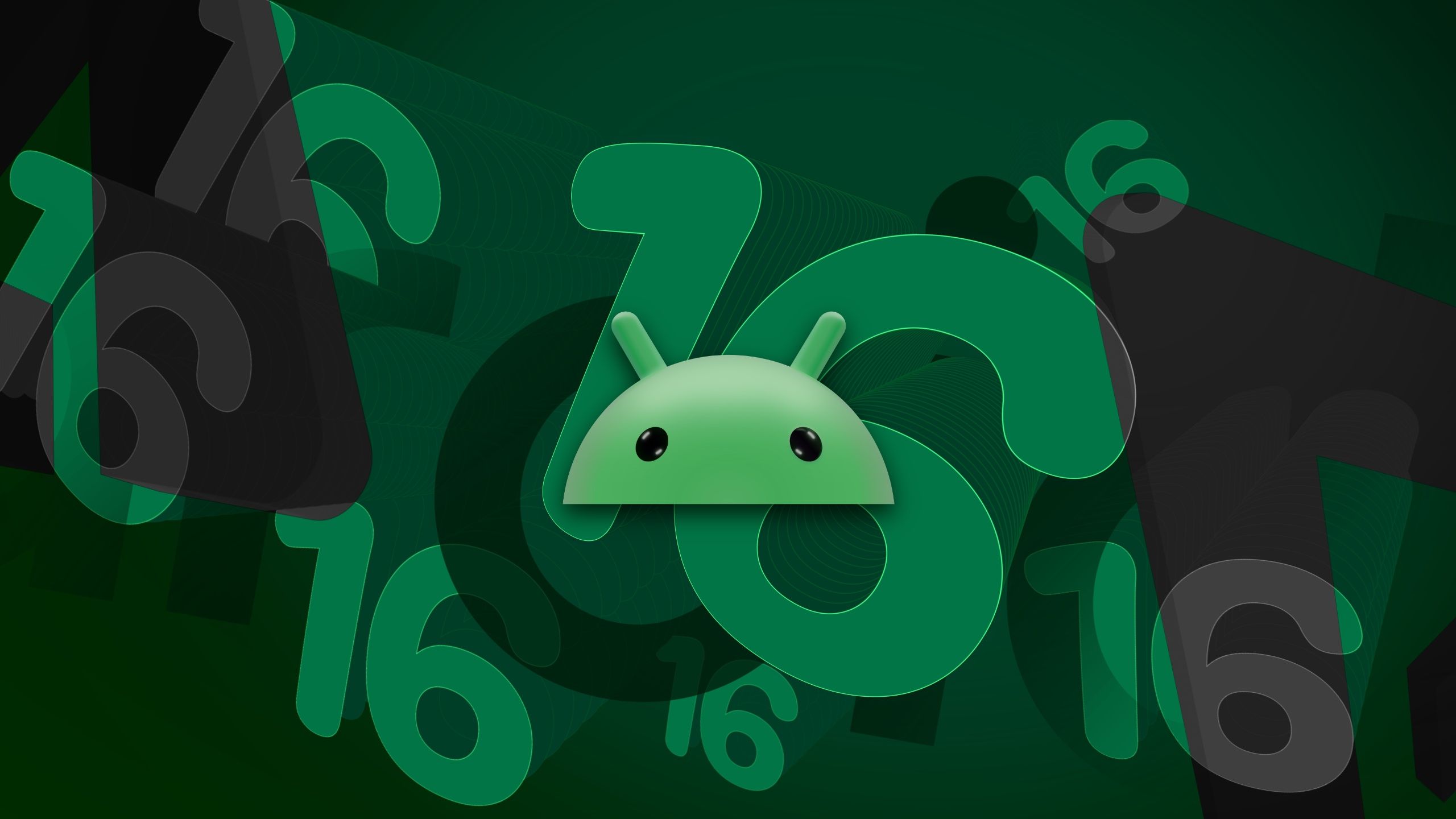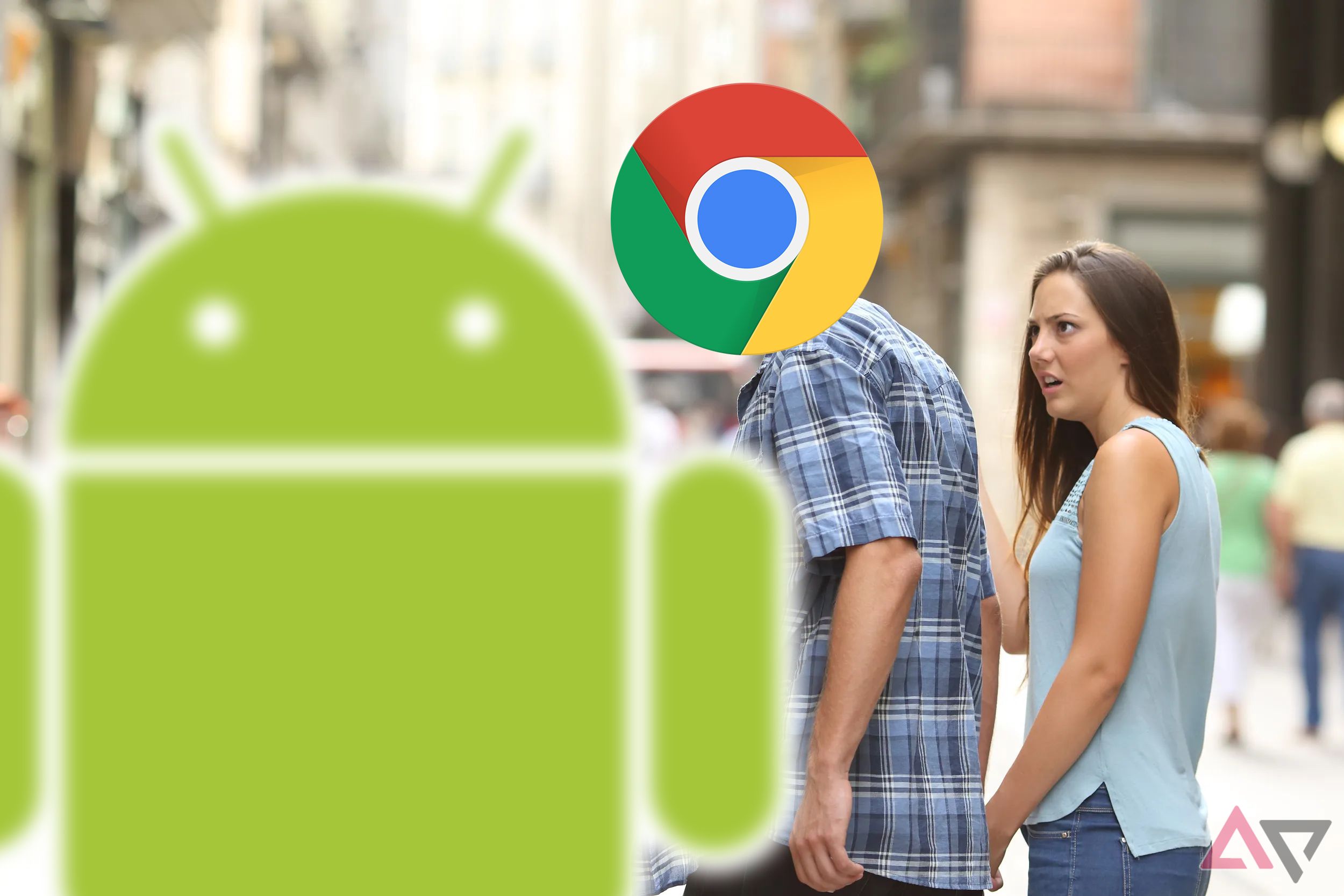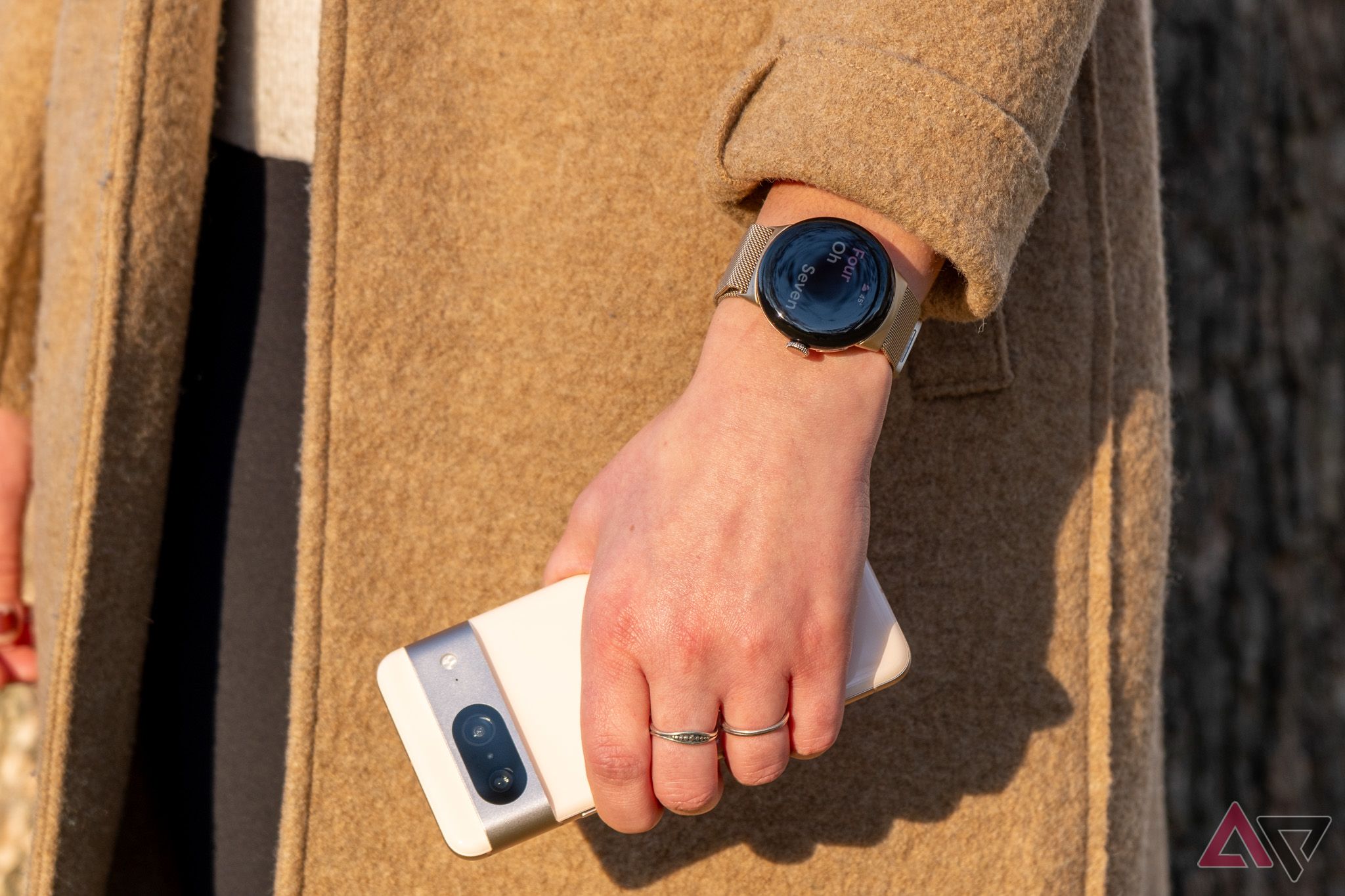Another week, another heap of antitrust trouble for Google. In a judgment in the long-running Epic v. Google case in which Google was ruled to have created a monopoly on Android app distribution, Epic got almost everything it was asking for, including, tentatively, the right to distribute its Epic Games Store on Android via the Play Store. The US Department of Justice is also looking at splitting Android and Chrome off of Google proper in a separate antitrust case.
It’s not all legal news, though. We saw some new features expected to debut in Android 16, Ask Photos started rolling out, and our dreams of booting up ChromeOS from our smartphones have been thoroughly dashed. This is the week’s most consequential Google news.
Welcome to Compiler, your weekly digest of the week’s Google and Android news you need to know.
The Department of Justice is talking about breaking Google up
In August, a US federal judge ruled that Google is “a monopolist” in the search engine market, asserting that the company has used its dominant position in online search to prevent would-be competitors from getting a foothold in the space. Days later, it came to light that, among other potential remedies, the Department of Justice was considering breaking Google up.
Now, the DOJ has officially proposed solutions, including one particularly drastic remedy: forcing Google to divest itself from Chrome and Android, effectively breaking the company up. The Department is also calling for Google to share crucial data pertaining to search and feeds with competitors via APIs, among other concessions. You can read DOJ’s full proposal here.
For its part, Google has characterized the DOJ’s proposals as “radical,” arguing that sharing data with competitors could be detrimental to user privacy and that splitting Chrome or Android off from Google would “change their business models, raise the cost of devices, and undermine Android and Google Play in their robust competition with Apple’s iPhone and App Store.”
This case is sure to drag on, potentially for years. We’ll be closely following all the developments.
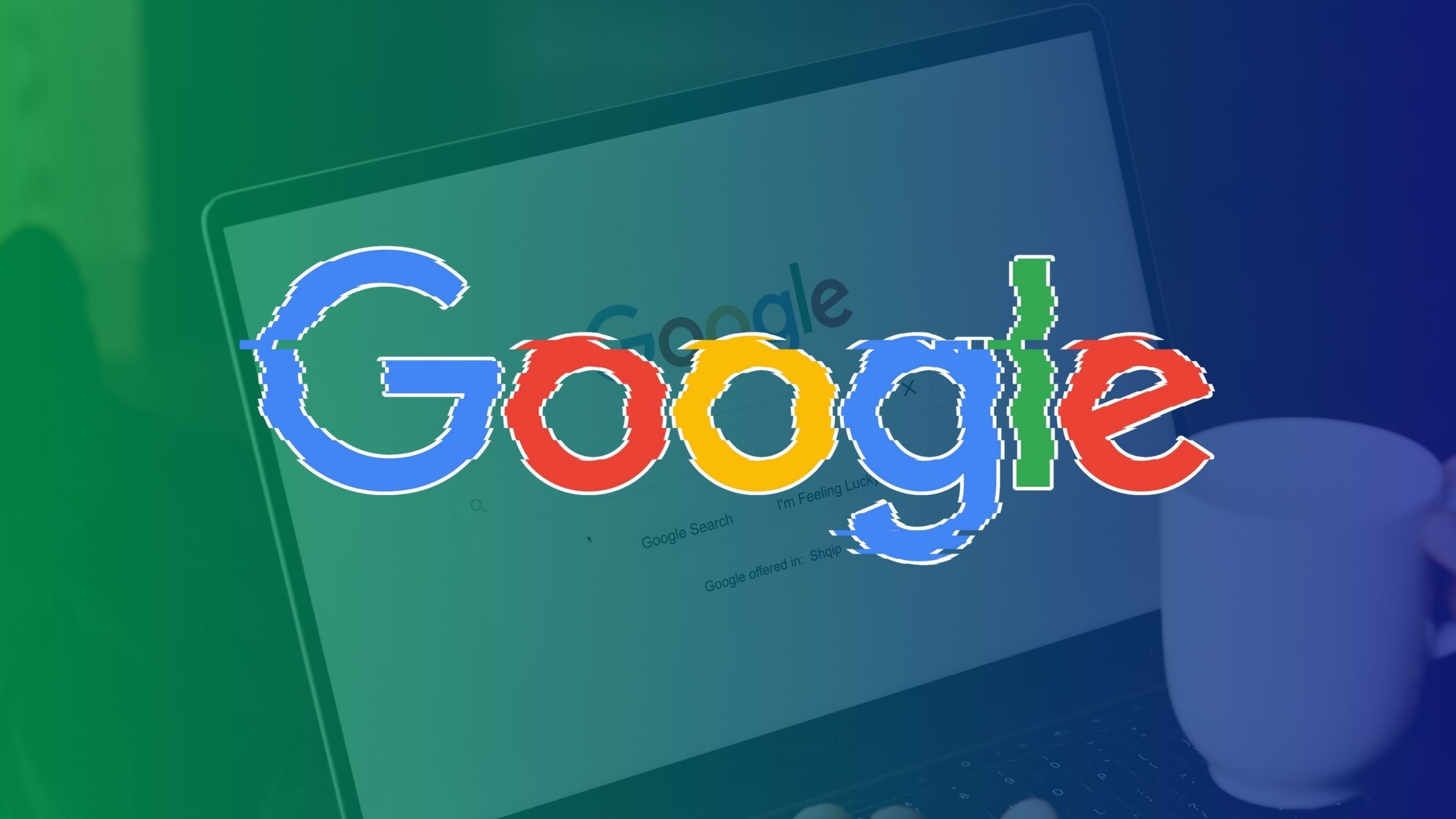
Latest development
The DOJ wants to break up Google, suggests splitting Chrome and Android
Google will appeal against the changes
Epic wins big in its suit against Google
The DOJ pushing to break Google up wasn’t the only legal trouble the company had this week. Last year, in a case brought against Google by Fortnite developer and pulbisher Epic, a California jury found that the Google Play Store constituted a monopoly on Android app distribution. The final ruling in that case came on Monday, and it’s more bad news for Google.
Per the ruling, Google will have to make serious changes to app distribution: if nothing changes, beginning on November 1, Google will have to both allow alternative app stores (like the Epic Games Store) to be distributed through the Play Store, and give those app stores access to the entire catalog of apps and games available through Google Play, among other remedies.
Epic brought a similar suit against Apple around the same time, but that case’s results weren’t quite as far in Epic’s favor. Google has asked to delay the proposed changes while it appeals the decision.

Latest development
Google’s appeal of the Epic ruling asks ‘Why not Apple?’
Reaching for context in a sea of competition
More Android 16 leaks
Jules Wang / AP
Outside of court, business continues as usual for Android. We saw a couple of new leaks about 2025’s Android 16 this week. First up: new Priority Modes could let users create multiple different notification preferences and swap between them in Android’s quick settings panel. Priority Modes would be broadly customizable, with user-defined names, 40 different icons to choose from, and options to define which apps and contacts can notify you while each mode is active.
It also looks like Android 16 could allow any app to be put inside a floating “bubble,” the way certain communication apps can be now. These bubbles would float over top of the normal phone UI, and when tapped, open the full app in a windowed view. Sounds like a great multitasking option.
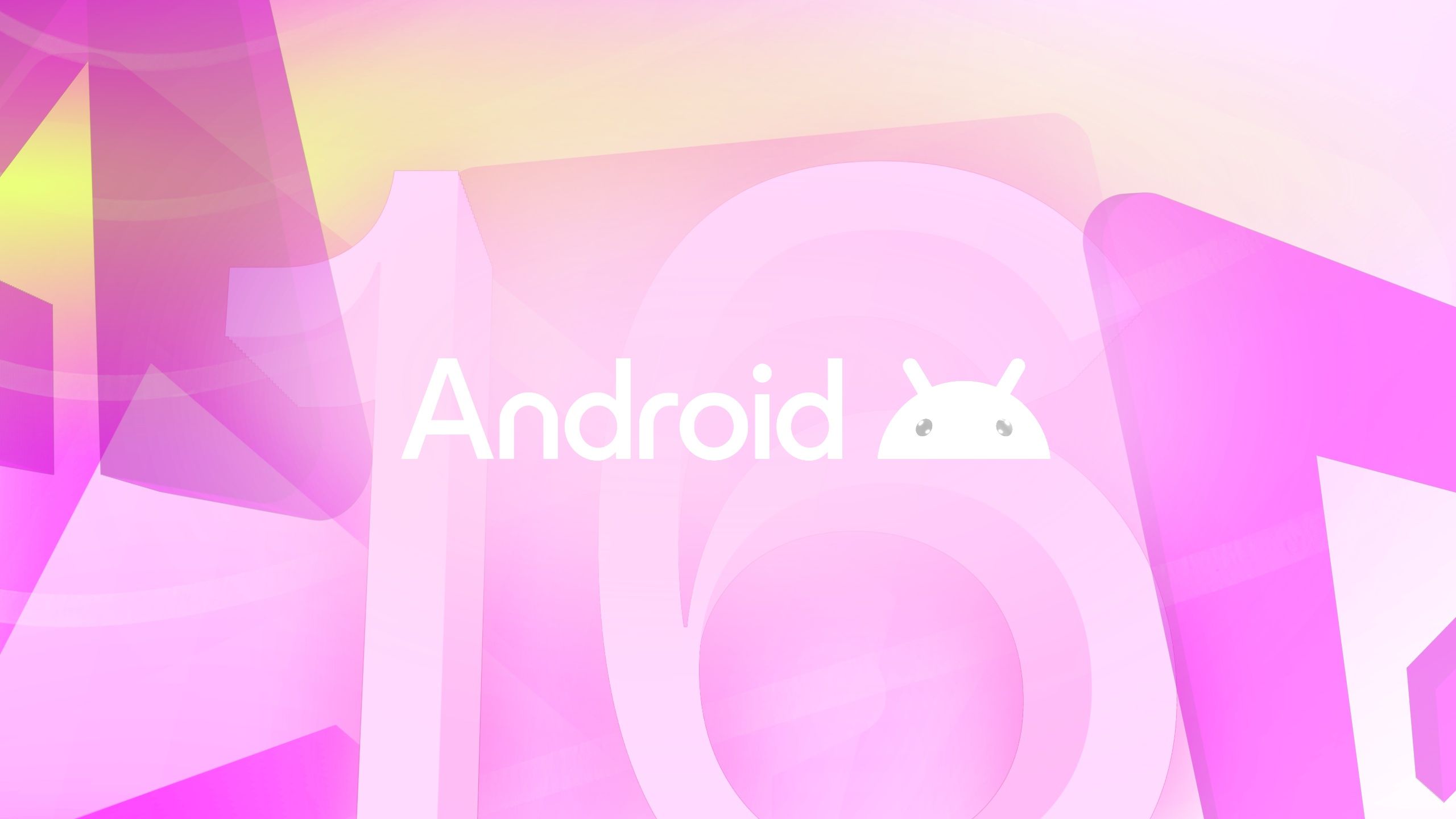
Latest development
Android 16 might let you turn anything into a bubble
‘Bubble Anything’ feature for multitasking
Google denies claim Pixel 9 harvests and shares excessive user data
Earlier this week, a report from Cybernews suggested that Google’s Pixel 9 phones — and specifically, the Pixel 9 Pro XL — send “private user data” to Google once every 15 minutes, including location, phone number, email, and more. In a statement, Google said that Cybernews’s analysis mischaracterizes the way data is collected and what it’s used for.
“This report lacks crucial context, misinterprets technical details and doesn’t fully explain that data transmissions are needed for legitimate services on all mobile devices regardless of the manufacturer, model or OS, such as software updates, on-demand features and personalized experiences,” a Google spokesperson told Cybernews.
For further context, Google points to a support page that spells out what data is collected and why.
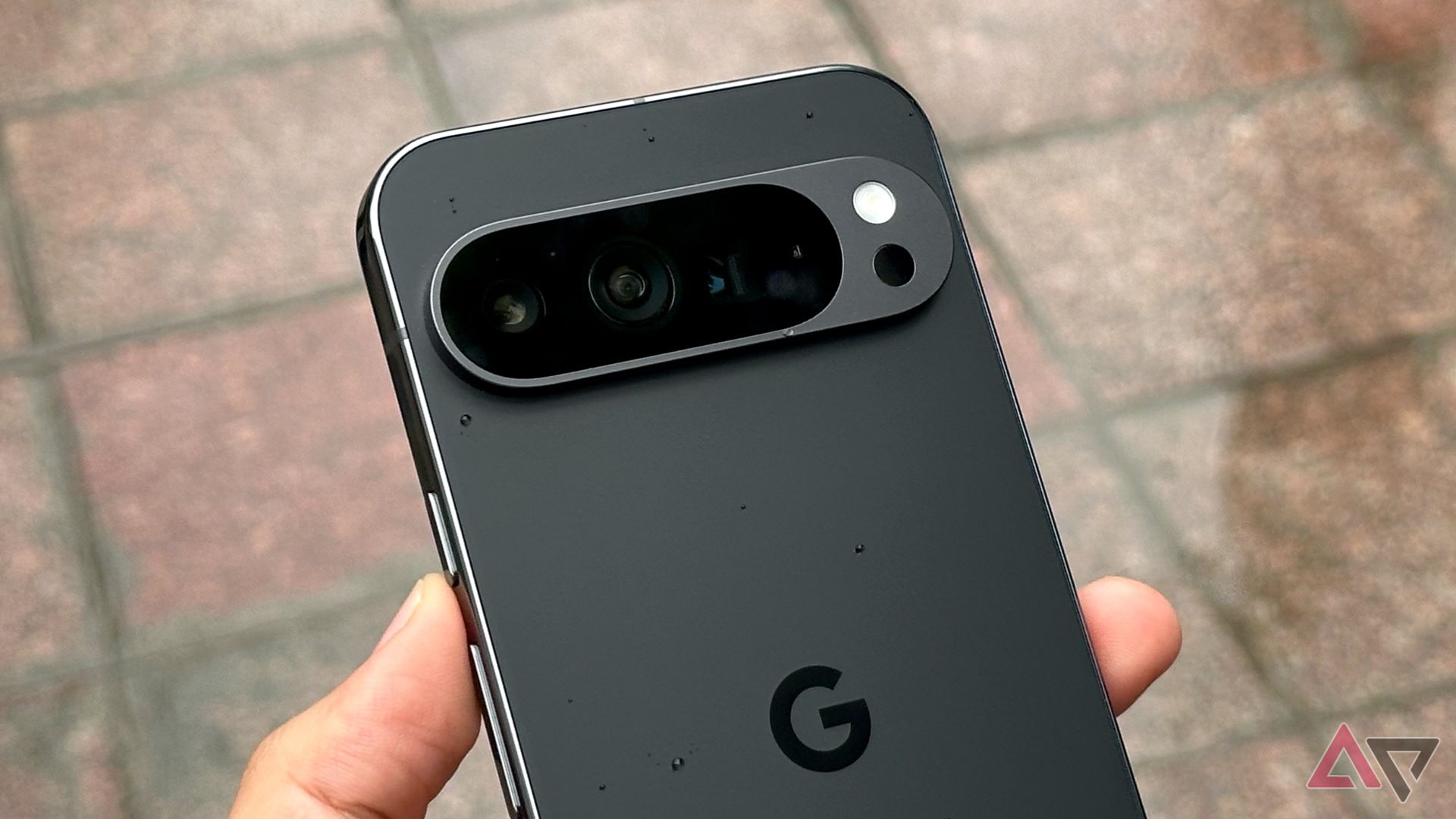
Full story
Google says the Pixel 9 isn’t phoning home with fishy data packets spotted in report
Google denies claims of excessive sharing
Our ChromeOS-on-Android dreams have been shattered
This spring, Google demonstrated an app called Ferrochrome that made it possible to launch ChromeOS on an Android device, an exciting proposition that could’ve been serious competition for Samsung’s DeX mode. Shortly thereafter, it came to light that the project was essentially a tech demo meant to show off the Android Virtualization Framework. Still, we held out hope it could see the light of day eventually.
Now, not so much: Google has apparently ceased development on Ferrochrome, with no plans to ship or maintain its code. Running ChromeOS on an Android device is still technically possible, but I think it’s safe to give up on seeing the feature getting a mainstream release anytime soon.
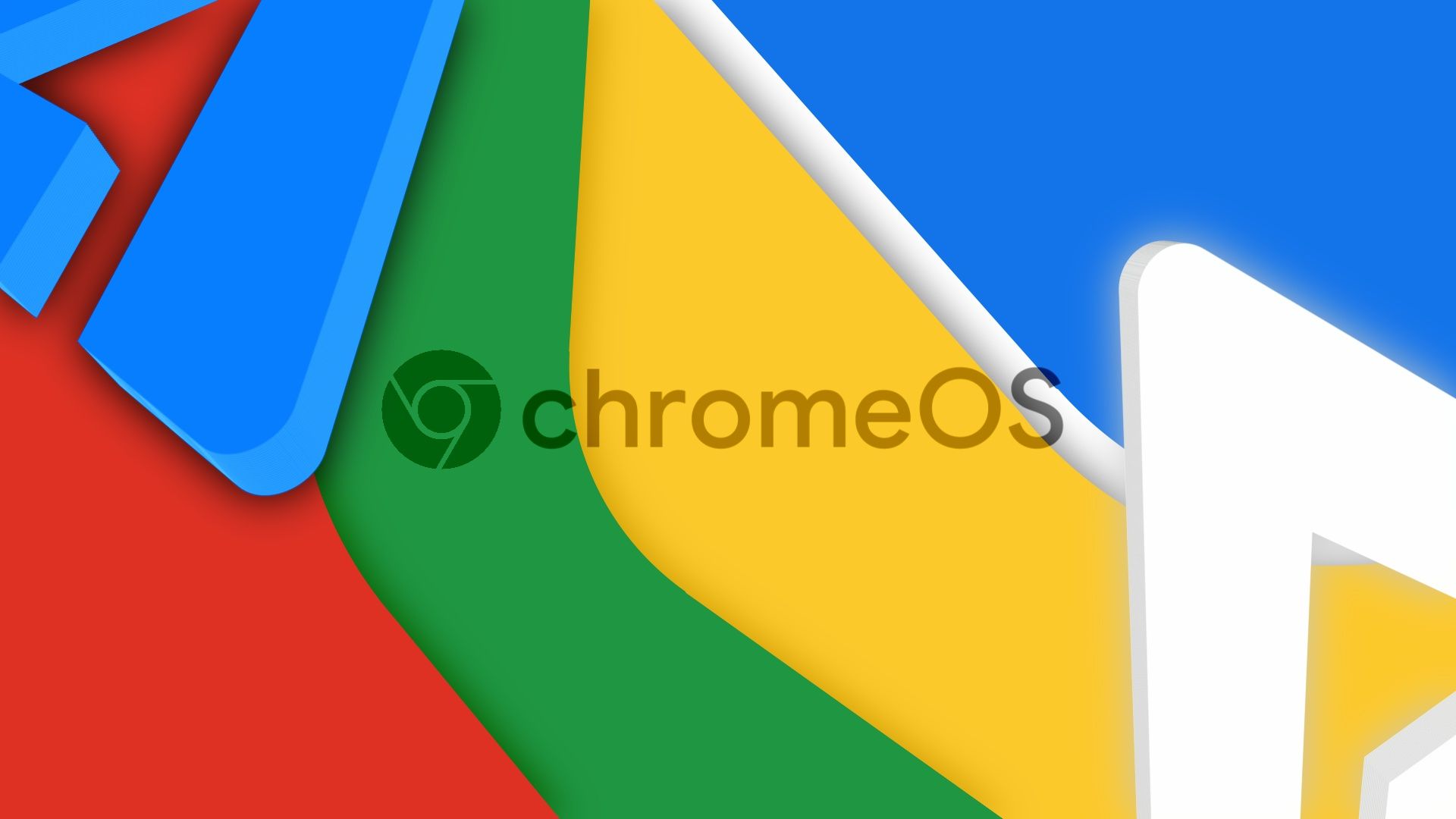
Latest development
Google kills project that would’ve made it easy to run ChromeOS on Android
The Ferrochrome launcher is no more
Ask Photos is finally rolling out
Google’s anticipated Ask Photos feature, an AI-powered Google Photos search experience that aims to leverage Gemini to pull off complex searches in your Google Photos library, is finally rolling out. First announced at I/O 2024, Ask Photos lets you perform more specific searches and even ask questions that Google’s AI will try to answer using your photo library and Google’s context about you (eg, “What did I eat for dinner on my birthday two years ago”).
The feature may not be universally available just yet, but I’m seeing it on my Pixel 9 Pro. If you don’t have access yet, you can see a little of Ask Photos in action here.
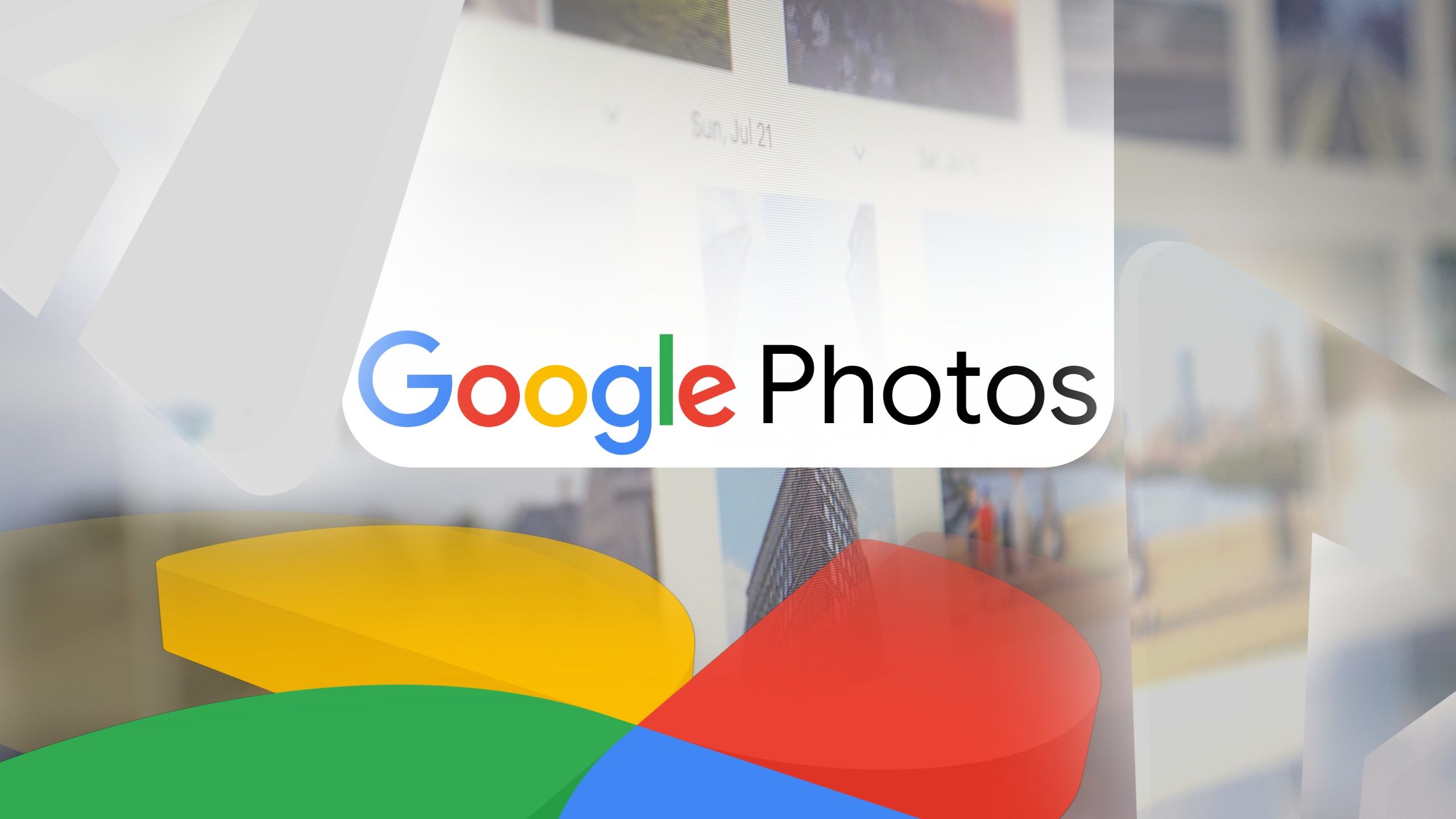
Latest development
Here’s an early look at Google Photos’ AI-powered Ask Photos feature
Access to Ask Photos is currently limited
Pixel Watch 1 and 2 should get Wear OS 5 this year
Wear OS 5 began rolling out to the first- and second-generation Pixel Watch in September. A few days later, after numerous reports of issues with the update, Google paused the rollout. Google addressed the situation this week, posting on its Pixel Watch Help forum that it plans to “resume the WearOS 5 rollout to these devices later this year, once we’ve mitigated the observed issues. Google will also “share additional updates with our community as they become available.”
There’s only a couple of months left in 2024, so “later this year” isn’t really all that long to wait. Here’s hoping Google gets it sorted soon; the Pixel Watch 3’s new grid-style app drawer layout is great, and Wear OS 5 will bring it to older generations, too.

Latest development
Google’s fixed Pixel Watch Wear OS 5 update may not arrive anytime soon
It will only land ‘later this year’



